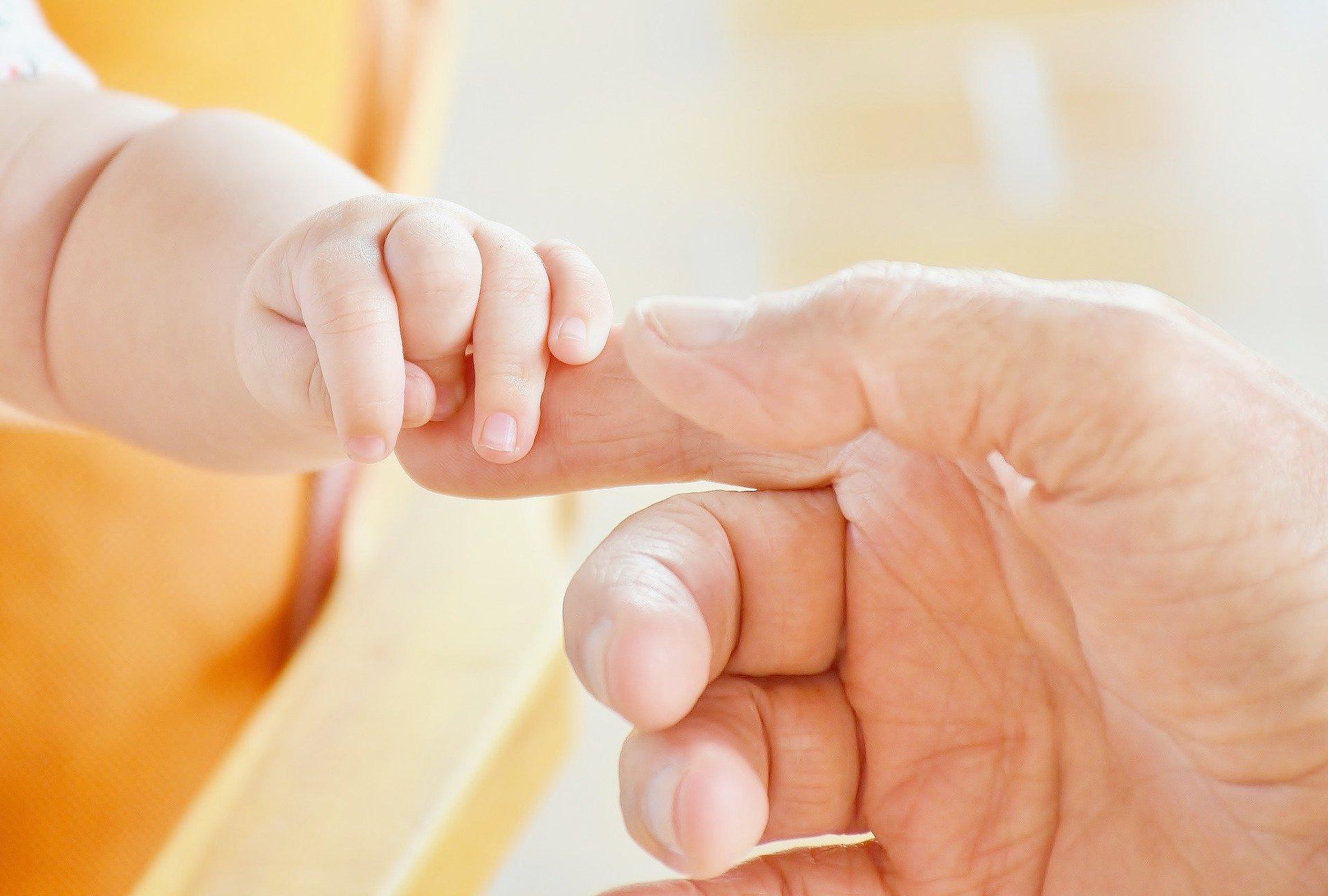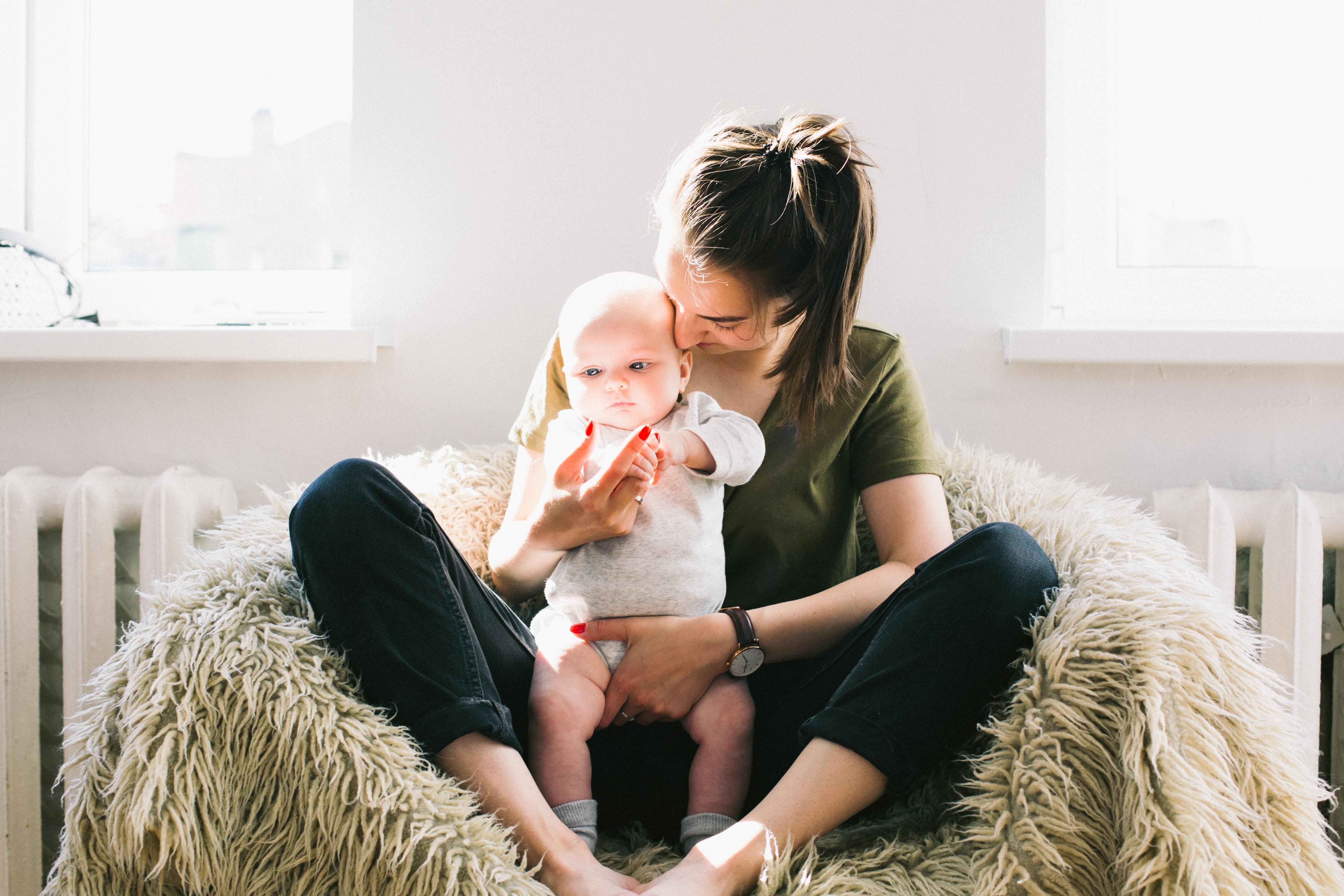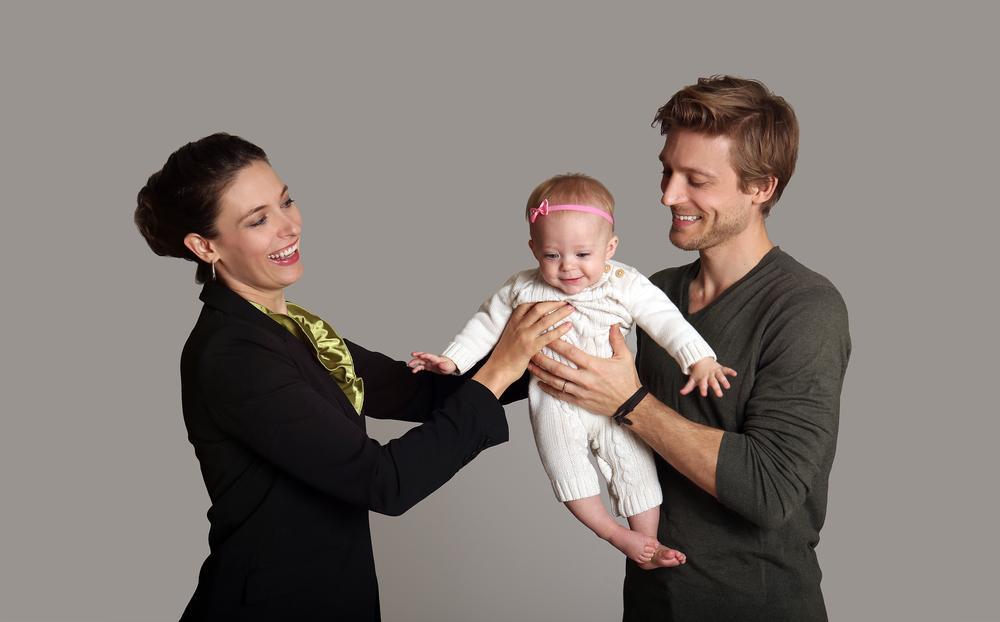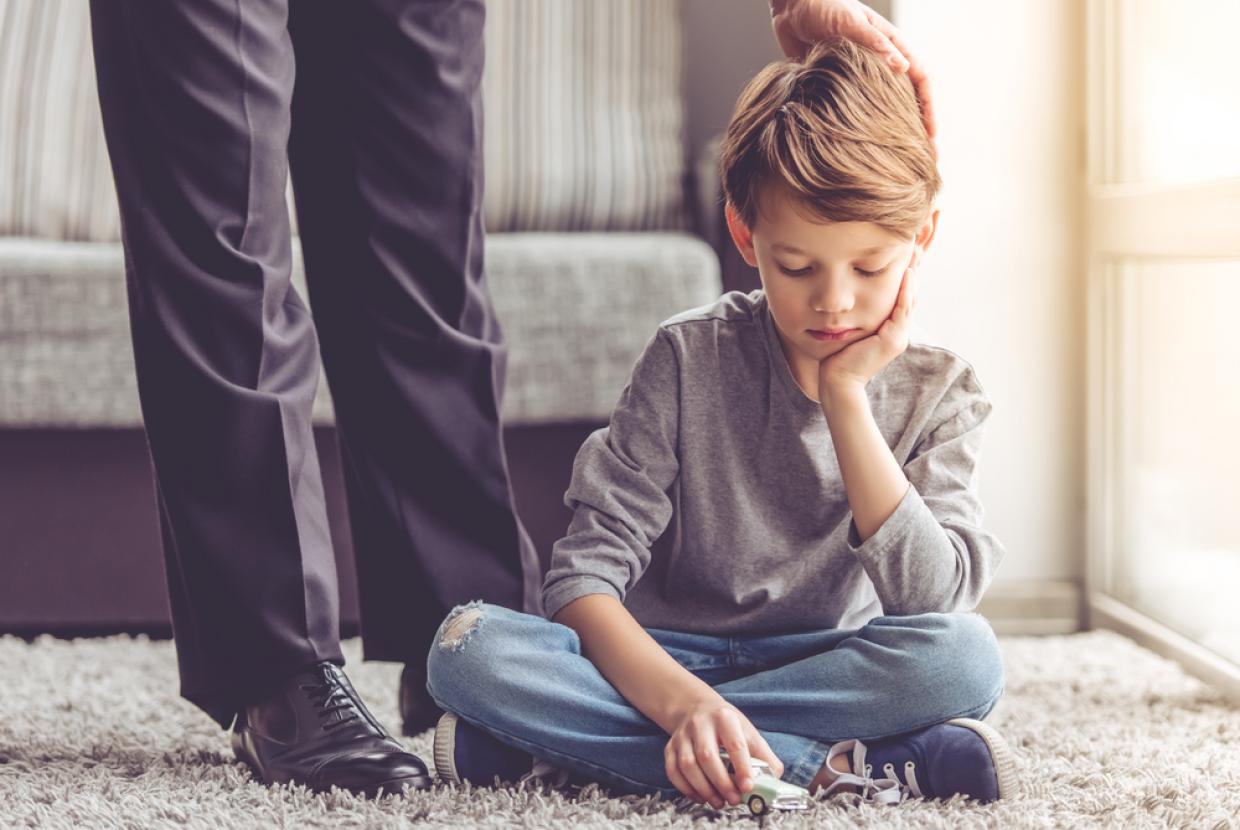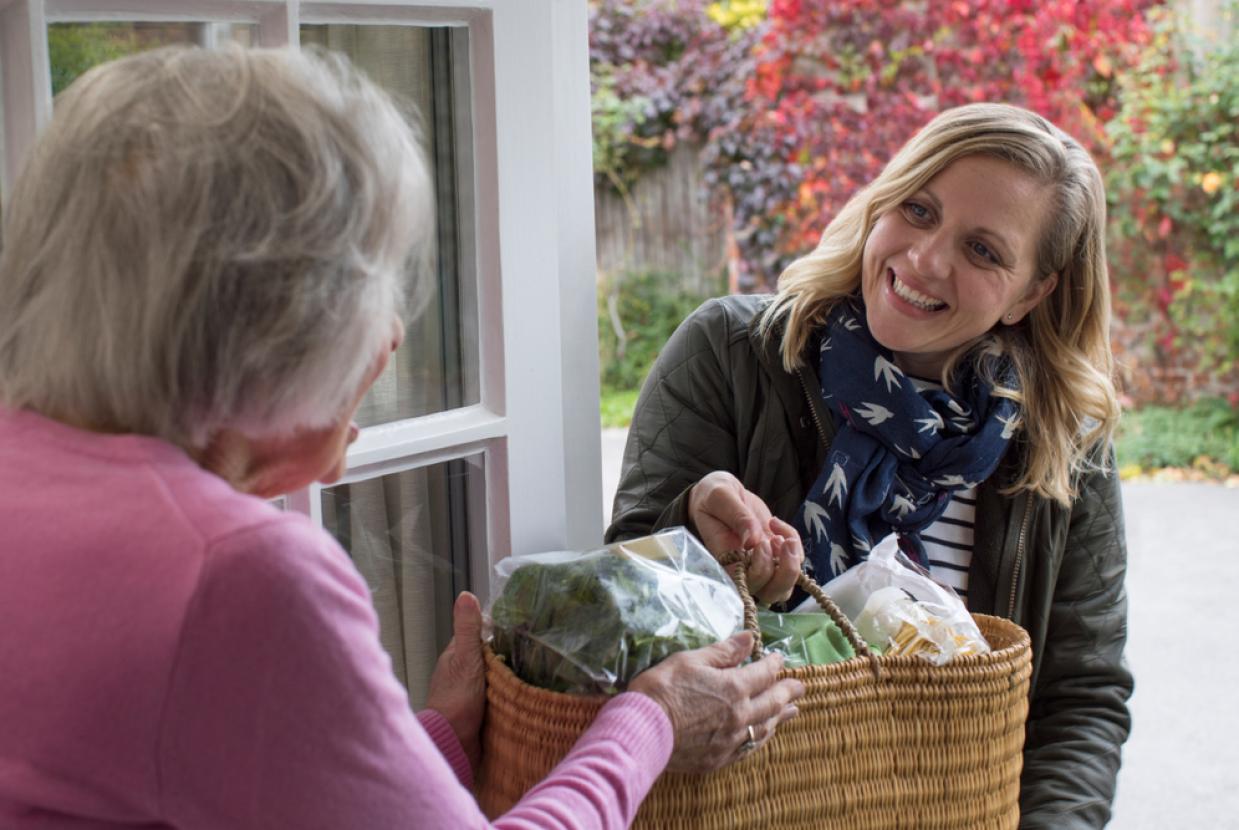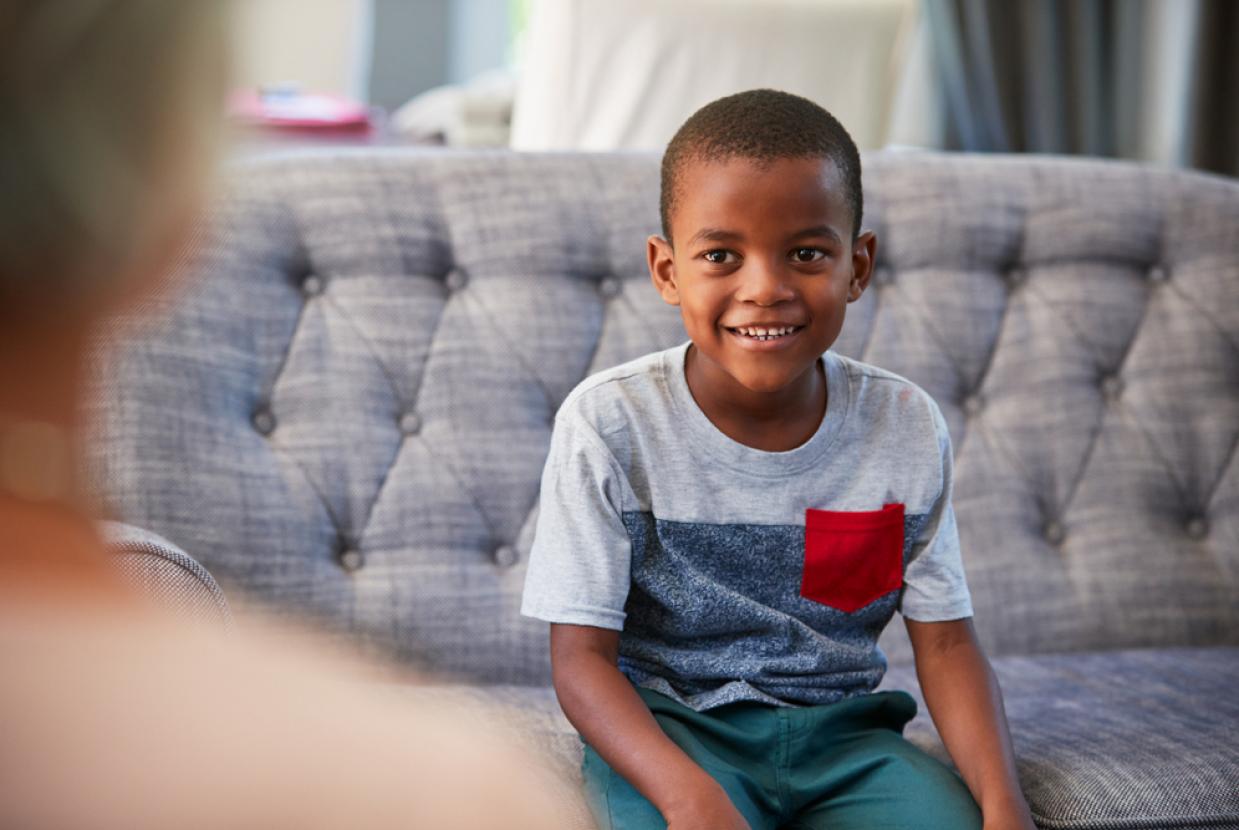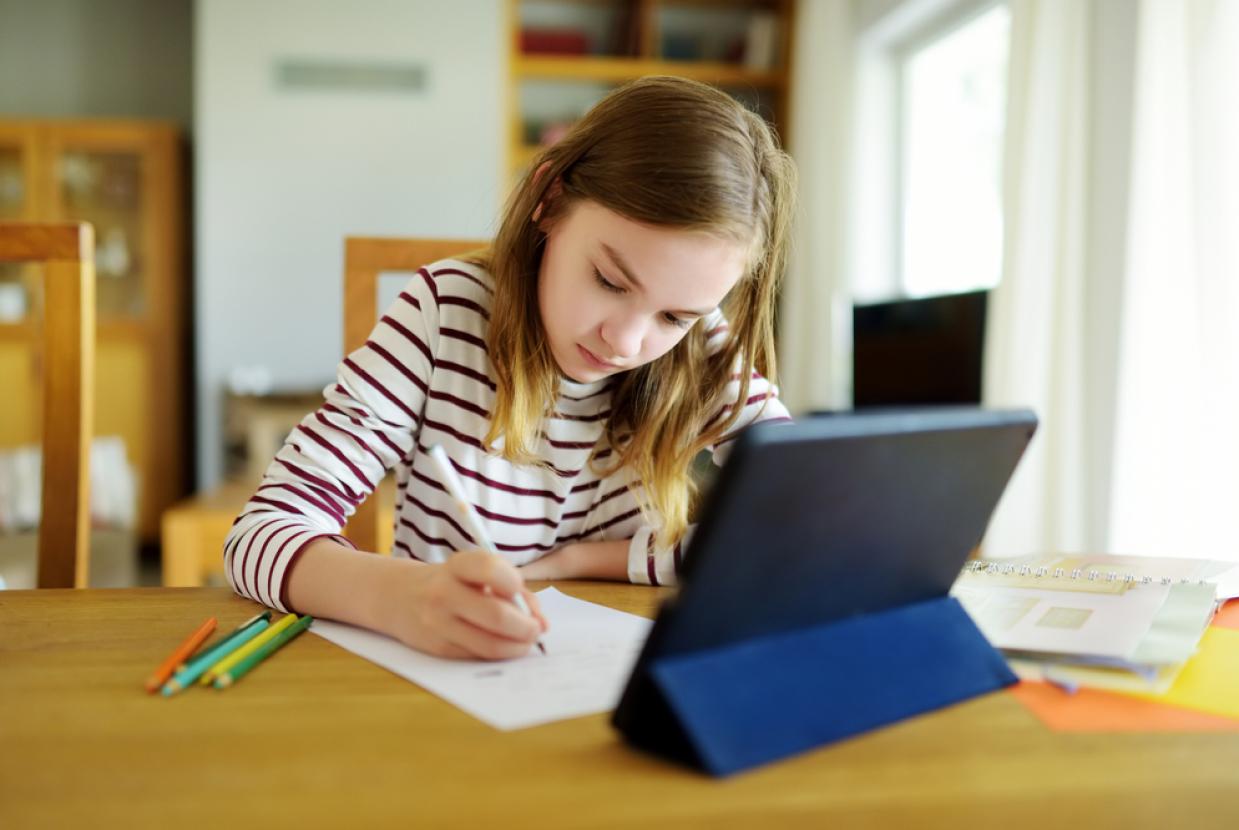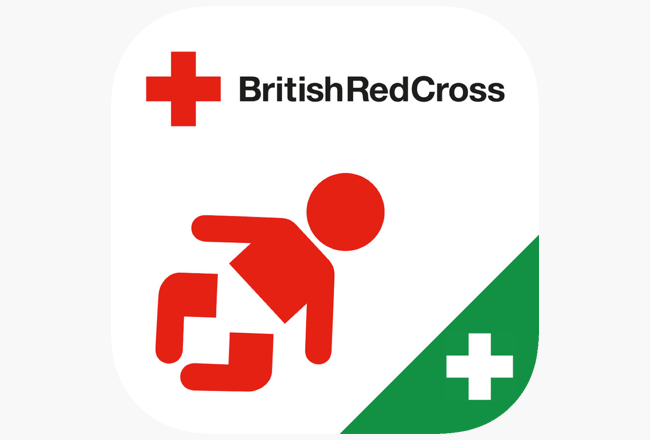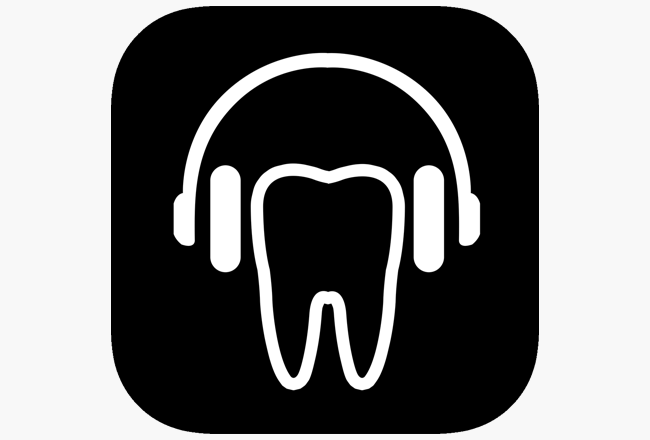What Can I Do If My Child Is Overweight?
If your child is overweight, there's lots you can do to help them become a healthy weight as they grow. As a parent, it can sometimes be difficult to tell if your child is overweight. A child may not look particularly heavy to be overweight.
And because more children are becoming overweight, we have become used to seeing bigger children. Research shows children who achieve a healthy weight tend to be fitter, healthier, better able to learn, and more self-confident.
They're also less likely to have low self-esteem or be bullied. And they're much less likely to have health problems in later life. As a parent, there's lots you can do to help your child become a healthier weight. Getting them to be more active and eat well is important.
Steps for success
Here are 5 key ways you can help your child maintain a healthy weight:
- be a good role model
- encourage 60 minutes, and up to several hours, of physical activity each day
- keep to child-size portions
- serve healthy meals, drinks and snacks
- less screen time and more sleep
Be a good role model
One way to instil good habits in your child is for you to be a good role model. Children learn by example. You can encourage your child to be active and eat well by doing so yourself.
Set a good example by going for a walk or bike ride instead of watching TV or surfing the internet. Playing in the park or swimming with your children shows them being active is fun, and it's a great way for you all to spend time together.
Any changes you make to your child's diet and lifestyle are much more likely to be accepted if the changes are small and involve the whole family. Physical activity also may be more appealing to your child if you do something as a family.
Get active
All children should be doing physical activity every day for good health, but it doesn't need to be all at once. Several short 10-minute, or even 5-minute, bursts of activity throughout the day can be just as good as an hour-long stretch.
For younger children, it can take the form of active play, such as ball games, chasing games like "it" and "tag", riding a scooter, and using playground swings, climbing frames and see-saws.
For older children it could include riding a bike, skateboarding, walking to school, skipping, swimming, dancing and martial arts.
Walking or cycling short distances instead of using the car or bus is a great way to be active together as a family. And you'll save money, too.
Child-size portions
Try to avoid feeding your child oversized portions. There's very little official guidance on precisely how much food children require, so you'll need to use your own judgement.
A good rule of thumb is to start meals with small servings and let your child ask for more if they're still hungry. Try not to make your child finish everything on the plate or eat more than they want to.
And avoid using adult-size plates for younger children as it encourages them to eat oversized portions. It may also help if you encourage your child to eat slowly and have set mealtimes. You can use mealtimes as an opportunity to catch up on what's happened during the day.
Explain to your child how to get the balance of their diet right using The Eatwell Guide. It shows how much they should eat from each food group. Knowing the calorie content of foods can also be useful.
Eat healthy meals
Children, just like adults, should aim to eat 5 or more portions of fruit and vegetables every day. They're a great source of fibre and vitamins and minerals. Getting 5 A Day shouldn't be too difficult. Almost all fruit and vegetables count towards your child's 5 A Day, including fresh, tinned, frozen and dried. Juices, smoothies, beans and pulses also count.
Be aware that unsweetened 100% fruit juice, vegetable juice and smoothies can only ever count as a maximum of 1 portion of their 5 A Day. For example, if they have 2 glasses of fruit juice and a smoothie in 1 day, that still only counts as 1 portion.
Their combined total of drinks from fruit juice, vegetable juice and smoothies shouldn't be more than 150ml a day, which is a small glass. For example, if they have 150ml of orange juice and a 150ml smoothie in 1 day, they'll have exceeded the recommendation by 150ml. When fruit is blended or juiced, it releases the sugars, which increases the risk of tooth decay. So it's best to drink fruit juice or smoothies at mealtimes.
Discourage your child from having sugary or high-fat foods like sweets, cakes, biscuits, sugary cereals, and sugar-sweetened soft and fizzy drinks. These foods and drinks tend to be high in calories and low in nutrients.
Aim for your child to get most of their calories from healthier foods like fruits and vegetables, and starchy, carbohydrate foods like bread, potatoes, pasta and rice (preferably wholemeal). And switch sweetened soft drinks for water.
Less screen time and more sleep
Alongside the advice to get them moving more is the need to reduce the time children spend sitting or lying down in the day. Help your children avoid sitting and lying around too much, as this makes them more likely to put on weight.
Limit the time they spend on inactive pastimes like watching TV, playing video games and playing on electronic devices. And remove all screens (including mobile phones) from their bedroom at night.
It also helps children stay trim if they sleep well. It's been shown that children who don't have the recommended amount of sleep are more likely to be overweight. The less children sleep, the greater the risk of them becoming obese. Lack of sleep can also affect their mood and behaviour.




